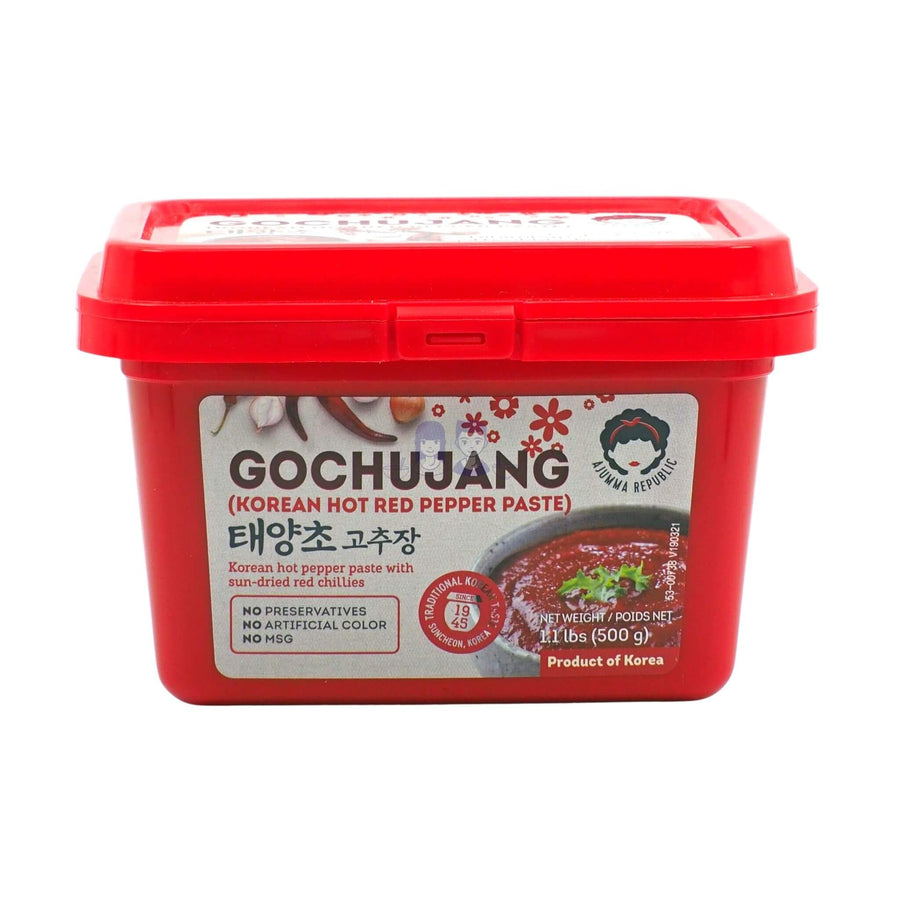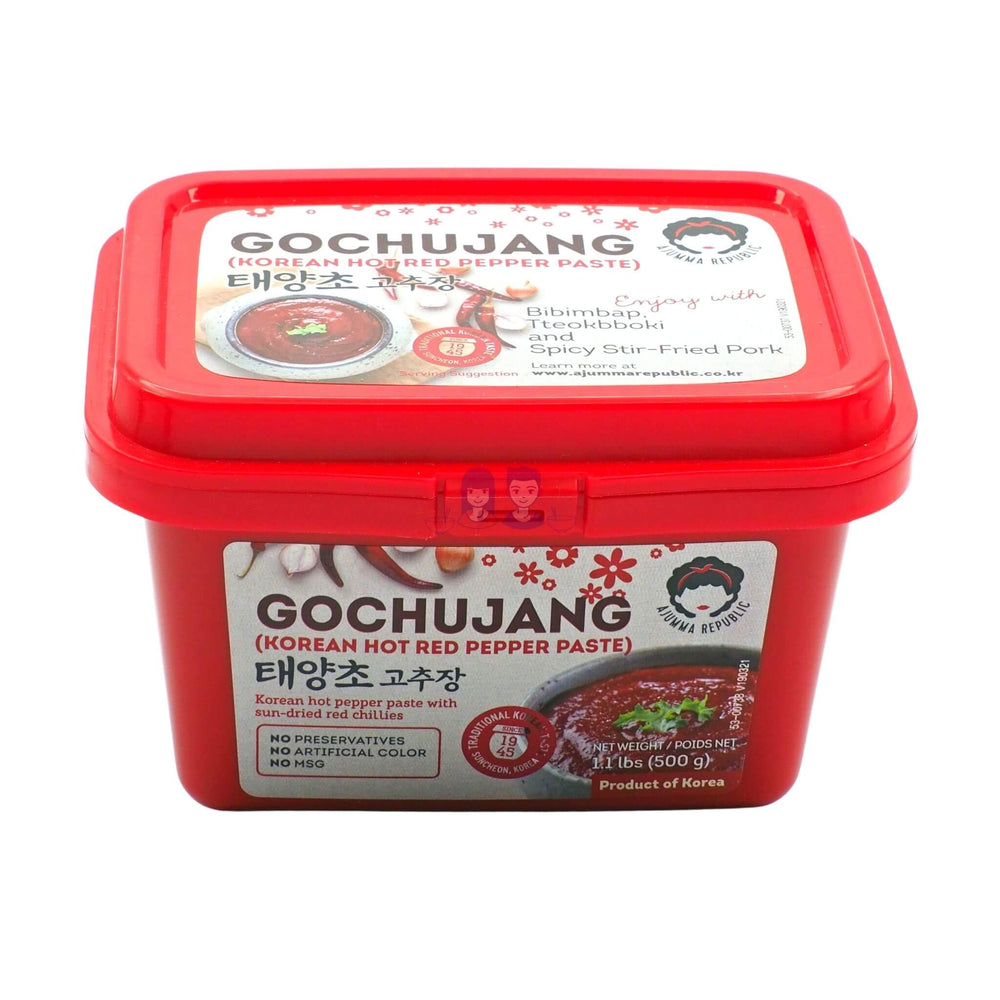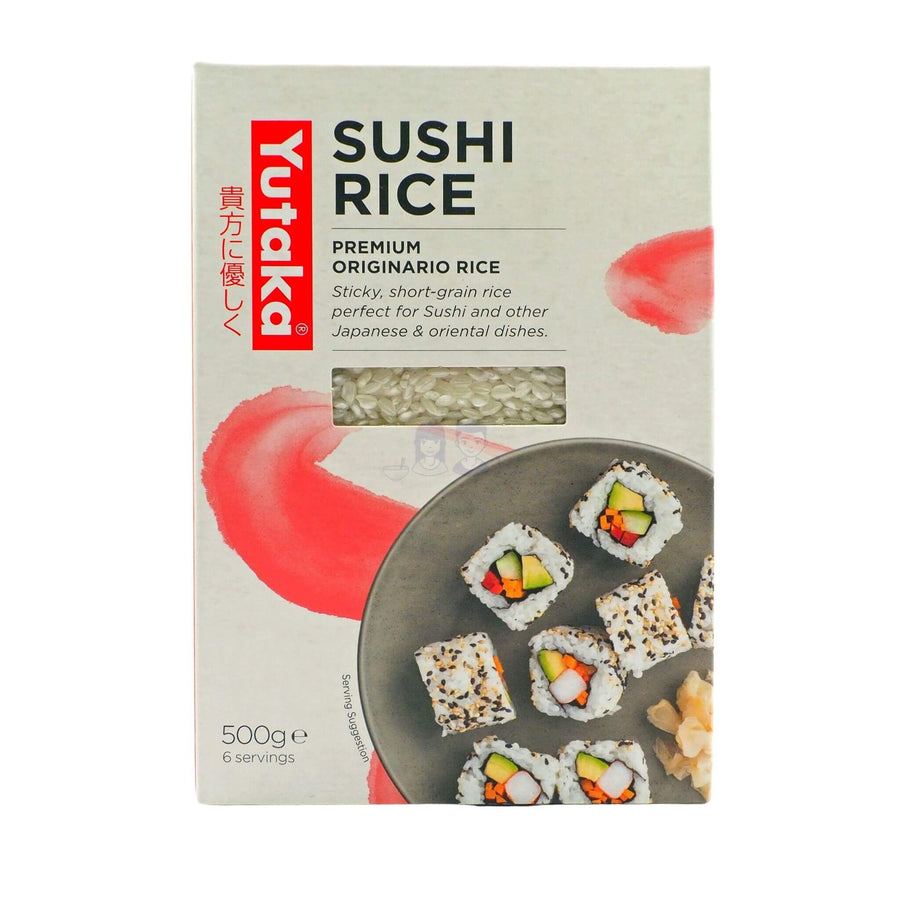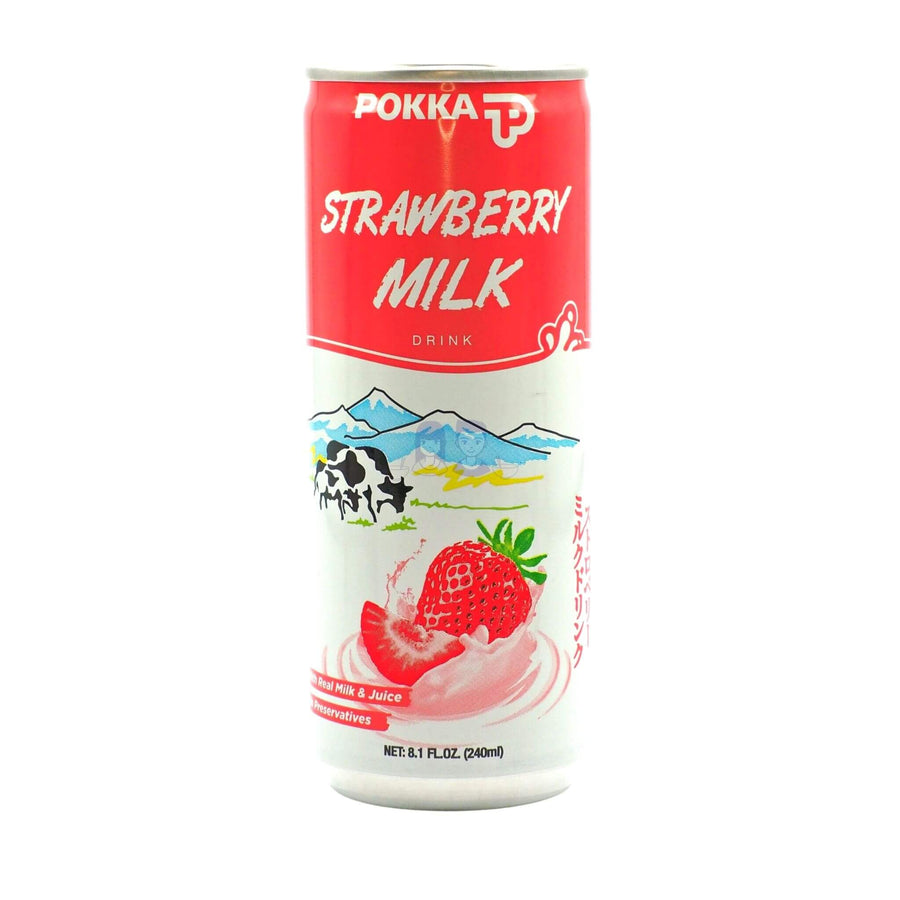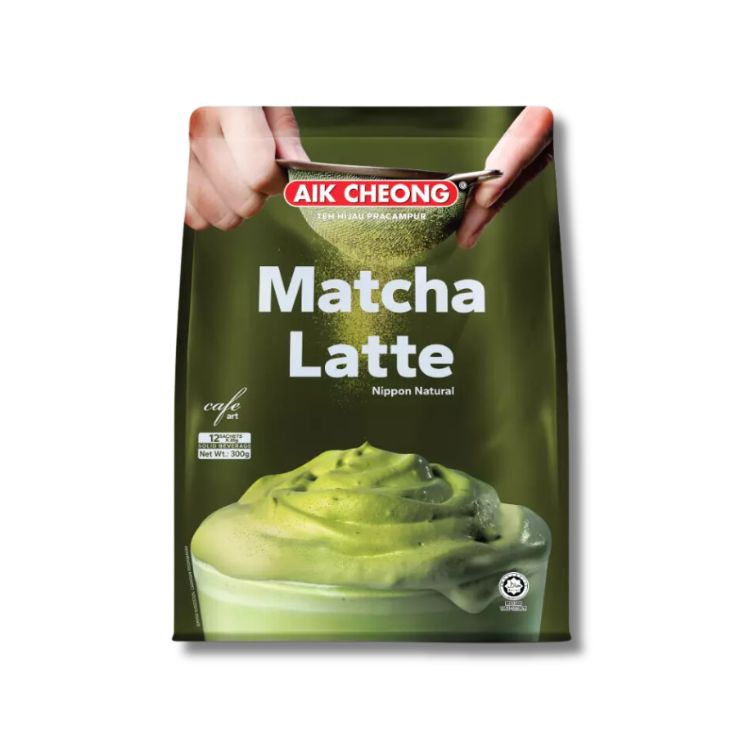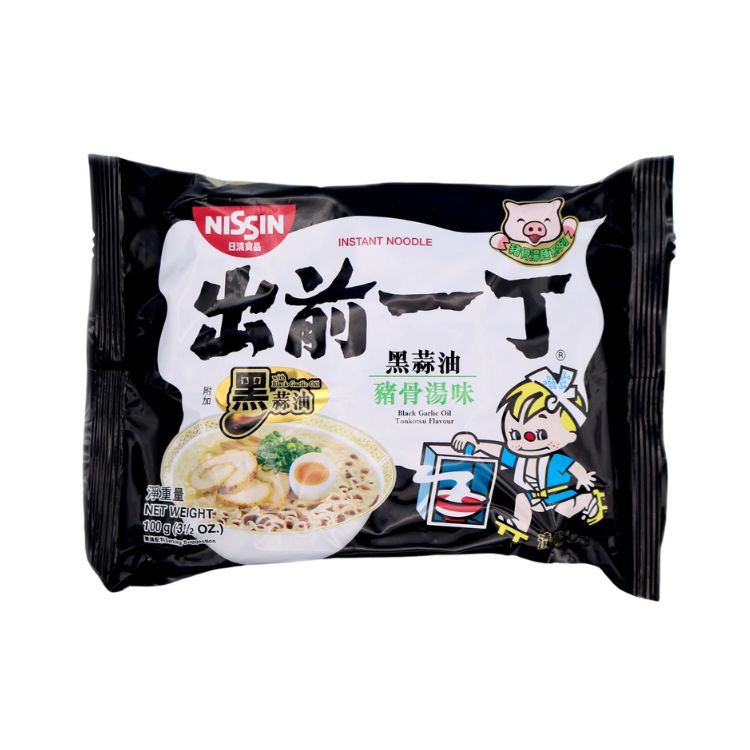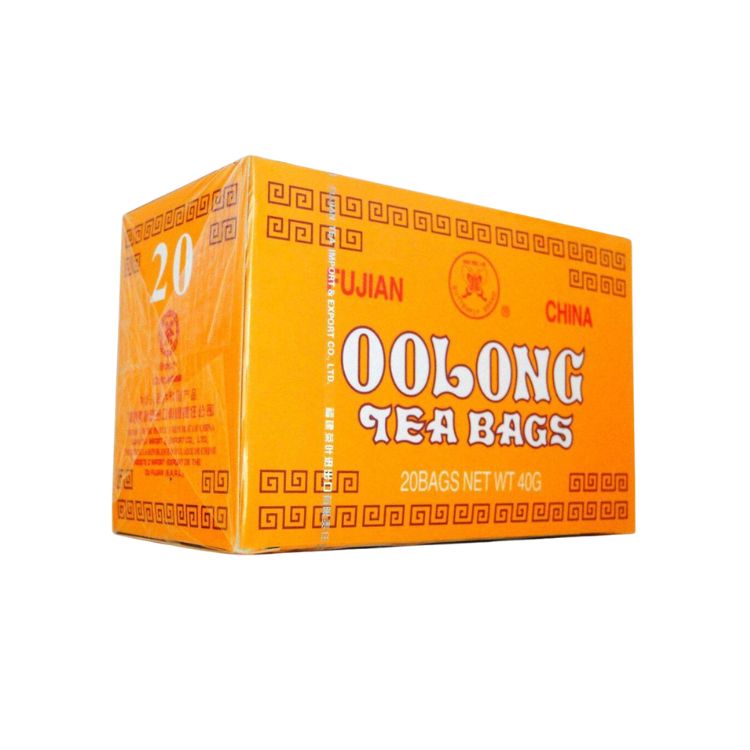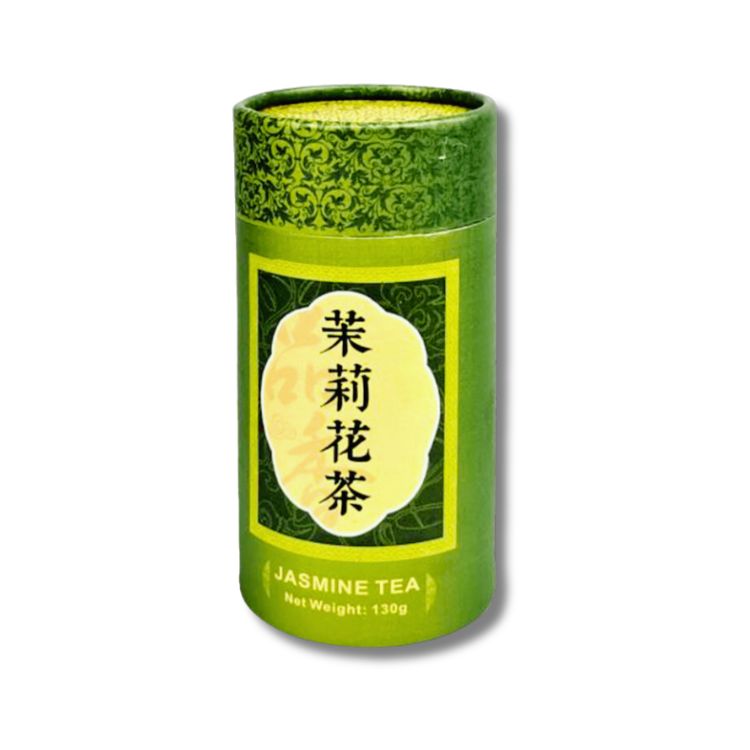What Is Chinese Slimming Tea? Types, Benefits & Tips
Do you wonder what the truth is behind Chinese Slimming Tea?
For hundreds of years, slimming teas have played a part in traditional Chinese medicine, due to their reported health benefits. In recent years, slimming tea has gained a growing following, drawn by its supposed weight loss properties.
Yet, as its popularity continues to rise, so does the intrigue and the need for clarity about its potential and what to expect.
In this article, we'll use our own experiences to help demystify Chinese slimming tea. We'll start by explaining what is Chinese slimming tea, before discussing the various types of slimming tea. We'll then go on to share some potential health benefits and finish with some essential brewing tips.
By the end, you'll have a better grasp of whether it can benefit you, and if you choose, how to incorporate it into your lifestyle.
→ Shop now: Our handpicked range of Chinese Teas
What Is Chinese Slimming Tea?
Chinese slimming tea is a broad term used to describe various types of teas sourced from China. They are believed by many people in China to promote overall health and aid in weight loss. These teas have been part of Chinese culture and traditional medicine for centuries.
In terms of overall health, they are believed to leverage natural properties. This includes supporting bodily functions such as digestion, metabolism, and detoxification.
In terms of weight loss, slimming teas are believed to help in managing weight. This may be due to enhancing metabolic rates or suppressing appetite. It may also be due to promoting the elimination of toxins and excess fluids from the body.
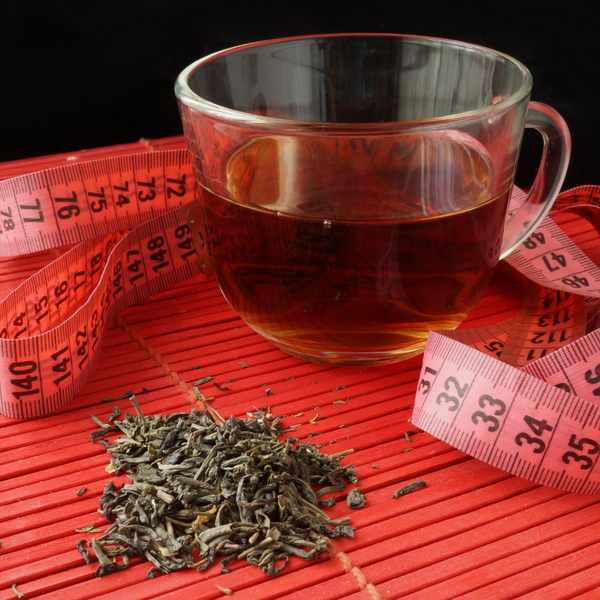
Common Types of Chinese Slimming Tea
There is no strict definition of what constitutes a Chinese slimming tea. However, various types of Chinese teas are often categorised as slimming teas. Each type offers its blend of health-promoting compounds.
Pu-erh Tea
Fermented over a long period, pu-erh tea is a uniquely earthy and robust brew. It has probiotic properties and the ability to promote a healthy balance in gut bacteria. This may have indirect benefits for metabolic health and weight management.
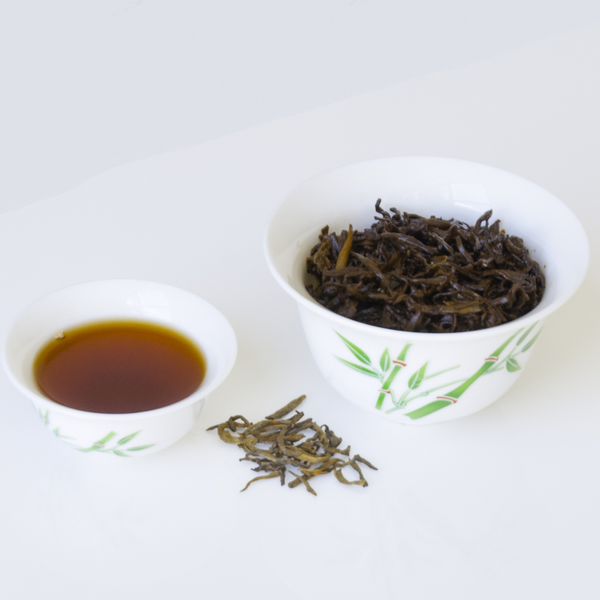
Green Tea
This unoxidised tea variety has a high concentration of antioxidants and beneficial polyphenols. Its gentle caffeine content can provide a sustained energy boost. Better still, it can achieve this without the jitteriness associated with coffee.
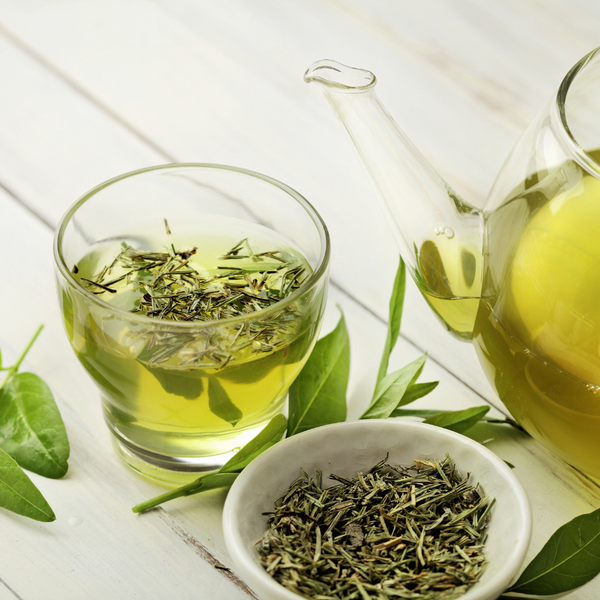
Oolong Tea
Oolong sits somewhere between green and black teas in oxidation levels and offers a more nuanced flavour profile. It contains theine, a caffeine-like compound. In conjunction with its polyphenols, theine is believed to support metabolic function.
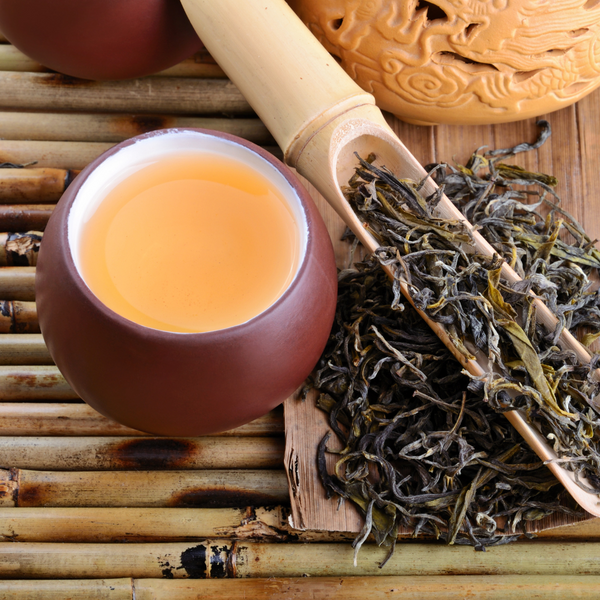
Senna Tea
A potent laxative, senna tea is one of the most direct methods for weight loss through the elimination of excess waste from the body. It is best used occasionally and under the advisement of a healthcare professional.

Lotus Leaf Tea
Lotus leaf tea is reputed for its ability to invigorate and support the body's digestive process. Traditionally used for weight loss, today it's popular with some weight management formulas.
Remember that while teas offer potential benefits, excessive consumption may have adverse effects. Moderation and consultation with a medical professional are critical.
Ingredients to Look For
When choosing a Chinese slimming tea, consider these key ingredients:
-
Catechins: Powerful antioxidants found in green tea. They may boost metabolism and support fat oxidation.
-
Polyphenols: Present in many teas, these compounds can aid digestion and reduce inflammation.
-
Caffeine: A natural stimulant in teas like green and oolong that can increase energy levels and metabolic rate.
-
L-Theanine: An amino acid that promotes relaxation without drowsiness. In may help to reduce stress levels.
Being mindful of these ingredients can help you select a tea that aligns with your wellness goals.
Benefits of Chinese Slimming Tea
Chinese slimming tea is often believed to have an array of health benefits that go beyond simple weight management. While it is not a miracle solution, its natural properties lend support to various aspects of well-being.
Weight Management
For those seeking a natural complement to their weight loss goals, Chinese slimming teas may help. They contain compounds that aid thermogenesis, the process of heat production in the body that results in a metabolic boost. Slimming teas can also potentially enhance calorie burn rate, although only modestly.
Metabolism Boost and Fat Oxidation
Chinese slimming teas such as green tea, oolong tea, and pu-erh tea contain catechins and caffeine. Both ingredients are known for their potential to increase metabolic rates. Catechins are also linked to increased fat oxidation during exercise. This makes these teas a prime consideration for those looking to ramp up their energy expenditure.
Detoxification
Polyphenols and catechins are present in slimming teas and are thought to help with detoxification. This is because they are believed to support the body's natural detox processes. They do this by neutralising free radicals and aiding liver function, which is central to the detoxification process.
Rich in Antioxidants
Slimming teas are rich in antioxidants that protect cells from damage and reduce inflammation. They can also potentially lower the risk of chronic diseases. Antioxidant-rich diets have also been tentatively linked to a lower risk of obesity over time. This further underlines the potential of these teas in a weight management context.
Appetite Management
Some compounds in Chinese slimming teas may help suppress appetite. In particular, green tea has been studied for its ability to increase the feeling of being full up. This is likely due to its caffeine and catechin content, which can help in managing food cravings and portion control.
Stress Reduction
Chronic stress can lead to overeating and weight gain. Chinese slimming teas, especially those with stress-reducing herbs, may help in stress management. Reduced stress levels may lead to healthier eating habits and a more balanced weight.
Potential Side Effects and Precautions
While Chinese slimming teas offer potential benefits, it's important to be aware of possible side effects. Some of the key ones are highlighted below.
Digestive Issues
Some teas, especially those containing senna, can act as a laxative and may cause stomach cramps or even diarrhoea.
Caffeine Sensitivity
Teas like green tea and oolong tea contain caffeine. This can cause jitteriness, insomnia, or increased heart rate in sensitive individuals.
Medication Interactions
Certain compounds in slimming teas may interact with medications. If you're on any medication, consult your healthcare provider before adding slimming teas to your routine.
Dehydration
Diuretic effects can lead to increased urination, potentially causing dehydration. Ensure you stay well-hydrated when consuming these teas.
Always enjoy slimming teas in moderation and pay attention to how your body responds.
Brewing Tips for Best Results
The correct brewing process is crucial if you are serious about unlocking the full potential of Chinese slimming teas. Here are some tips we've put together based on what we've learned and our own experiences.
Water Temperature
Different tea types require specific water temperatures to maximize their flavour and benefits. Most slimming teas are best brewed from 80-90°C. Adding boiling water directly can destroy the more delicate compounds present. Instead, boil and allow it to cool to the appropriate temperature first.
Steeping Time
Steeping time also varies by tea type and personal preferences, such as preferring full-bodied flavour. Oversteeping can lead to a bitter taste and may also result in excessive intake of caffeine and other active compounds.
Serving Suggestions
Traditional Chinese medicine recommends drinking slimming teas before or after meals. This is because they are believed to enhance the body's digestive processes. These teas are often gentle on an empty stomach, but individual sensitivities should be taken into consideration. Remember you know yourself best!
Consistency
For those considering these teas as part of a weight management routine, consistency is key. Incorporating a cup or servings of Chinese slimming tea each day can provide a steady flow of its beneficial compounds. However, it is not a substitute for a balanced diet and regular exercise.
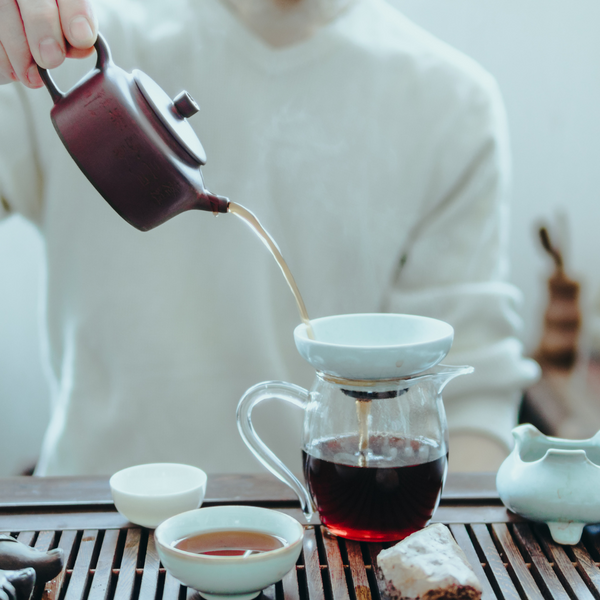
Consumer Recommendations and Reviews
The best form of validation for any product comes from the experiences of its users.
Our Own Experiences
Collectively, we've tried pu-erh tea daily for weeks or months at a time for slimming and detoxification. When daily tea drinking was combined with a more healthy lifestyle, we noticed a marked improvement in our well-being.
Experiences of Others
Consumers often report positive experiences with Chinese slimming teas. This is particularly true when used alongside other healthy lifestyle practices. Improvements in energy levels, mood, and sometimes weight can be attributed to consistency.
Tips for Incorporating Into Daily Routine
You may find it's best to start with a single type of slimming tea first. This will allow you to observe its effects before taking more regularly or adding others to the regimen.
Building a daily routine around slimming teas can reinforce the habit and add predictability to their benefits. This includes brewing and drinking them at specific times. Here are some practical tips to introduce slimming teas into your day:
-
Morning Boost: Swap your morning coffee for a cup of green tea to kick-start your metabolism with gentle caffeine.
-
Pre-Meal Ritual: Enjoy oolong tea before meals to potentially aid digestion and curb appetite.
-
Afternoon Pick-Me-Up: Savour pu-erh tea in the afternoon for sustained energy without the jitters.
-
Evening Relaxation: Opt for caffeine-free options like lotus leaf tea in the evening to unwind.
Making these teas a regular part of your routine can enhance their potential benefits and add a delightful ritual to your day. We also recommend drinking plenty of water alongside slimming teas to stay hydrated.
Final Word
In a world where wellness trends come and go, Chinese slimming teas are one of the most talked about Asian drinks, and have stood the test of time. With your new understanding of these teas, you can explore their flavours and potential benefits.
Remember that enjoying Chinese slimming teas is just one piece of the wellness puzzle. They may complement a balanced diet and active lifestyle to enhance your overall wellbeing. However, like with any supplement, they should be viewed as a supplementary aid rather than as a standalone weight management solution.
At Morueats, we're passionate about sharing our authentic experiences with you. So brew a cup of Chinese slimming tea and embrace the journey towards a healthier you.
→ Shop now: Our handpicked range of Chinese Teas
Disclaimer:
Chinese slimming teas can be a delightful addition to your wellness journey, but they're not a magic solution for weight loss. Think of them as companions to a balanced diet and active lifestyle. Results can vary widely from person to person.
Before drinking such teas regularly it's wise to consult your healthcare provider. This is especially true if you have health conditions or take medications,
While many appreciate the potential health benefits of Chinese slimming teas, direct evidence linking them to weight loss is limited. Embrace them as part of a holistic approach to well-being.
FAQs
Many people enjoy slimming teas daily, but it's important to consume them in moderation. Start with one cup to see how your body responds, and consult a healthcare provider if you have any concerns.
Slimming teas may support your weight management efforts, but they're most effective when combined with a balanced diet and regular exercise. They're not a standalone solution for weight loss.
Some individuals may experience side effects like digestive discomfort, increased heart rate, or insomnia due to caffeine content. Always pay attention to your body's reactions and consult a professional if needed.
It's advisable to avoid slimming teas during pregnancy and breastfeeding unless recommended by a healthcare provider, as some ingredients may not be suitable.
Depending on the type, you can enjoy slimming teas in the morning for an energy boost or before meals to aid digestion. Avoid caffeinated teas late in the evening to prevent sleep disturbances.



